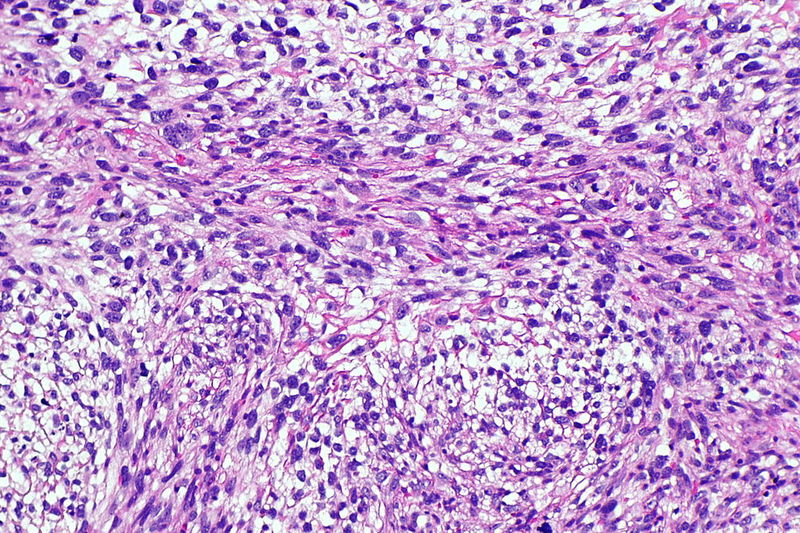
Seattle Genetics and Astellas Pharma have reported positive results from the EV-201 Phase II clinical trial that assessed enfortumab vedotin in patients with advanced urothelial (bladder) cancer.
Enfortumab vedotin is an antibody-drug conjugate (ADC) that targets the Nectin-4 protein expressed in urothelial cancers. The investigational drug led to an objective response rate (ORR) of 44%, with 12% experiencing complete responses (CR). Data revealed a median duration of tumour response of 7.6 months.

Discover B2B Marketing That Performs
Combine business intelligence and editorial excellence to reach engaged professionals across 36 leading media platforms.
Median overall survival (OS) during the study was 11.7 months and the median progression-free survival (PFS) was 5.8 months.
This cohort of the ongoing single-arm EV-201 trial enrolled 128 locally advanced or metastatic urothelial cancer patients that had previously received platinum-containing chemotherapy in combination with a PD-1/L1 checkpoint inhibitor.
The primary endpoint of the study was confirmed ORR, while secondary endpoints include duration of response, disease control rate, progression-free survival (PFS), OS, safety and tolerability.
Responses were observed across all pre-specified patient subgroups.

US Tariffs are shifting - will you react or anticipate?
Don’t let policy changes catch you off guard. Stay proactive with real-time data and expert analysis.
By GlobalDataTreatment-related adverse events (AE) occurred in 40% or more of patients. These were fatigue, alopecia, rash, decreased appetite, taste distortion and peripheral neuropathy.
Seattle Genetics chief medical officer Roger Dansey said: “We are encouraged that enfortumab vedotin is the first novel therapy to demonstrate substantial clinical activity in these difficult-to-treat patients who currently have limited treatment options.”
The partners intend to seek US Food and Drug Administration (FDA) approval based on the findings from the Phase II trial. The therapeutic has already secured FDA breakthrough therapy designation for locally advanced or metastatic urothelial cancer patients that saw progress during or after checkpoint inhibitor therapy, based on preliminary results from the Phase I EV-101 study.
In addition, a Phase III confirmatory trial is being conducted to support global registration applications.
The companies are performing the EV-103 study to evaluate enfortumab vedotin in early lines of locally advanced or metastatic urothelial cancer treatment, including in combination with pembrolizumab and/or platinum chemotherapy.





